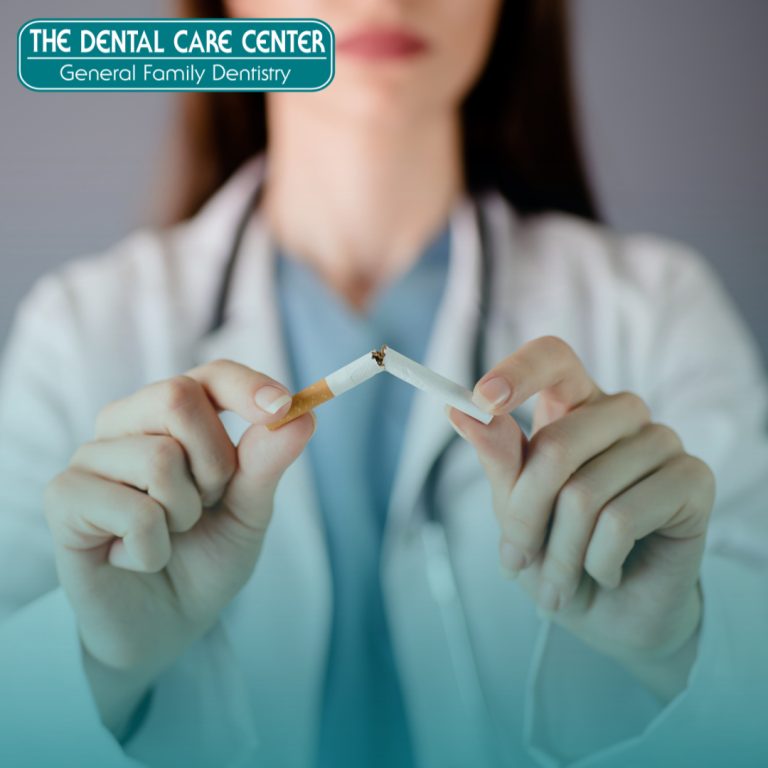
While the detrimental effects of smoking on overall health are well-documented, its impact on oral health is often overlooked. Smoking not only stains teeth and causes bad breath, but it also poses significant risks to oral tissues and structures. Let’s delve into the oral health consequences of smoking and why kicking the habit is crucial for preserving a healthy smile.
Stained Teeth and Bad Breath:
One of the most noticeable effects of smoking on oral health is stained teeth and persistent bad breath. The tar and nicotine present in tobacco products can cling to tooth enamel, causing unsightly yellow or brown discoloration. Additionally, the chemicals in tobacco smoke can contribute to foul-smelling breath, even shortly after smoking.
Gum Disease:
Smoking is a major risk factor for gum disease, also known as periodontal disease. The chemicals in tobacco smoke can impair blood flow to the gums and reduce oxygenation, compromising the body’s ability to fight off infection. As a result, smokers are seven times more likely to develop gum disease compared to non-smokers. Gum disease can lead to symptoms such as swollen or bleeding gums, receding gums, and eventual tooth loss if left untreated.
Tooth Loss:
Long-term smoking can significantly increase the risk of tooth loss. The combination of reduced blood flow to the gums and compromised immune function makes smokers more susceptible to tooth decay and gum disease, both of which can ultimately result in tooth loss. Additionally, smoking weakens the supporting structures of the teeth, making them more prone to damage and loss over time.
Oral Cancer:
Perhaps the most serious consequence of smoking on oral health is the increased risk of oral cancer. Tobacco smoke contains numerous carcinogenic substances that can damage the cells lining the mouth, tongue, lips, and throat. Long-term exposure to these harmful chemicals significantly elevates the risk of developing oral cancer. Early detection and treatment are critical for improving outcomes, but prevention through smoking cessation remains the best approach.
Smoking poses grave risks to both general and oral health, with consequences ranging from stained teeth and bad breath to gum disease, tooth loss, and oral cancer. Quitting smoking is one of the most impactful steps you can take to safeguard your oral health and overall well-being. If you’re a smoker, consider reaching out to your healthcare provider for resources and support to help you quit. Your smile and your life will thank you for it.